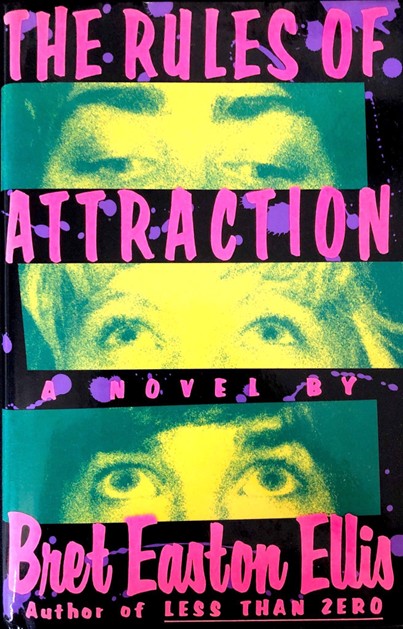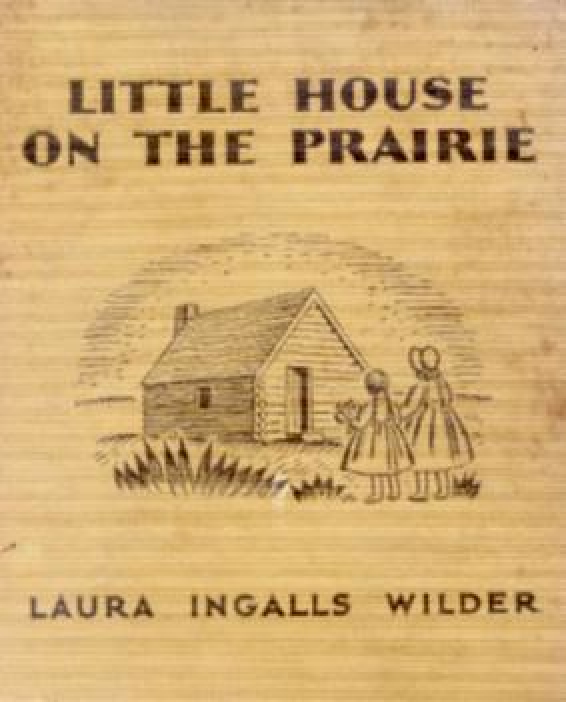In my pre-college years, teachers only assigned me one book from the perspective of a Native American narrator—Walk Two Moons written in 1994 by Sharon Creech, winner of the Newbery Prize. I was eleven at the time. At that sad point in my life, I had never read a book about someone like me and I was living for the extra attention that I was getting from my classmates as the only Native American girl in my class in Raton, New Mexico. Cringy as it is to admit, I even remember fantasizing about the discussion, and how everyone would have to defer to me, the resident expert of Native-ness.
I was impressed with how lovely the writing was. The main character was quirky and fun to read about and the themes of loss, redemption, and learning to empathize were timeless and well executed. It was by far one of the best books that I had been assigned in school at that point, but I started to notice as I was reading that there were little passages or words or ideas that seemed to feel off to me.
***
“My real name is Salamanca Tree Hiddle. Salamanca, my parents thought, was the name of the Indian tribe to which my great-great grandmother belonged. My parents were mistaken. The name of the tribe was Seneca, but my parents did not discover their error until after I was born.”
Salamanca Tree Hiddle is a ridiculous name, but as someone who was often told that I had an “interesting” last name, I felt like I didn’t really have room to speak. It was odd though, that a book that so strongly marketed itself as a Native American novel would have a main character that had such a distant relation to a tribe, and even odder that her family didn’t even know what tribe that she came from in the first place. My mother drilled my Sioux identity in my head since I left the womb.
***
“In school, our teacher told us we had to say Native American, but I agreed with my mother. Indian sounded much better. My mother and I liked this Indian-ness in our background. She said this exotic substance in our blood made us appreciate the gifts of nature; it made us closer to the land.”
The whole identity debate is pretty common amongst Native people—some like indigenous, some like Native American, some like to drop the “American” bit and just go with Native. A majority of us dislike the term “Indian” since we aren’t, in fact, from India. But my own mother had slipped into using the word Indian from time to time, so maybe there was a faction of “Indian” defenders amongst us that I hadn’t yet encountered.
It was harder to excuse the notion that Native-ness genetically bought Indigenous people a magical connection to nature, but again, I felt like I couldn’t criticize since I had gone through a phase in my life where I thought that I could control the wind after watching Pocahontas.
***
“’What do you want to go see an old Indian smoking a pipe for?’ Gram asked. She didn’t like the term ‘Native American’ any more than my mother did.’
‘I just do.’ Gramps said. ‘We might not ever get the chance again.’
…In a little clearing outside the museum, an American Indian person was sitting on a tree stump smoking a long peace pipe. After watching him for about five minutes. Gramps asked if he could try it.”
This was starting to feel a little too Peter Pan to me—a peace pipe on a stump? You would think that a Native author would know better than to treat Indigenous people like a prop in a tourist attraction.
***
The more I read, the less I liked. I kept thinking about the little details, like the way that the author called the term Native American “primitive” (a pretty charged word to a lot of Native people) or how the word exotic was used a little too freely when talking about anything “Indian.” It was death by a thousand paper cuts—a collection of small offenses that made the book feel disingenuous to a person who should have felt the most at home with the text, a Native American girl.
I finished the book feeling uneasy and slightly irritated, but it wasn’t until eighth grade that those feelings bothered me enough to investigate a little. Thanks to the internet, it didn’t take long to uncover the truth about Sharon Creech in her Newbury acceptance speech: “My cousins maintained that one of our ancestors was an American Indian. As a child I loved that notion and often exaggerated it by telling people that I was a full-blooded Indian… I admit, but without apology, that my view of American Indians was a romantic one.” Needless to say, it’s hard to write accurately about a group of people you romanticize.
I still feel a vague sense of loss when I think about how excited I was to read and discuss Walk Two Moons with my classmates. They knew little about Indigenous people, and honestly, I was limited in my understanding as well. I grew up off the reservation away from the culture that my family came from and the people who could teach me what it meant to be Native American. The little real information I learned about the culture came from my mother in scraps and bits while the media onslaught of inaccurate Native American portrayals was constant. After being failed time and time again, I was ready for good Native American representation. I was ready to raise my hand up high during discussions and annoy my teacher with a flurry of overly enthusiastic opinions and comments. Instead, I sat quietly, and my hands rested on my lap.



